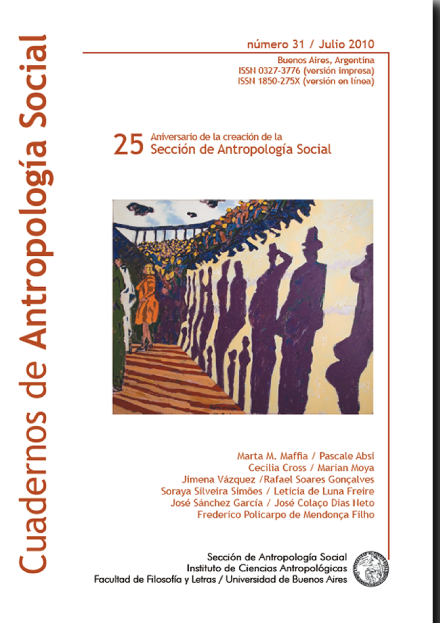The contribution of the Catholic Church in making the popular housing a public problem in France and Brazil
Abstract
Several studies about the public politics directed to the favelas in the City of Rio de Janeiro focus on the significant presence of the Catholic Church during the 1950’s. In order to understand the motivations of the actions taken by Catholic militants in the favelas within this period of time, we should take into account that this phenomenon was not only the result of an individual action from one single character. Instead, it is related to the former process of redefinition of the view of the Church towards the poor, which had its roots in Europe in the XIX Century. Only discussing these actions in a wider social and political context is that we are able to analyze the effects of these initiatives in the search for solutions to the “problem of the favelas” in Rio de Janeiro in the 1950’s. However, as this period was marked by the beginning of the Cold War –when the communism was represented as a “threat”, once it could be established in the settlements of lower social classes–, it was then that this process would reach its highest levels.Downloads

Esta obra está bajo una Licencia Creative Commons Atribución 4.0 Internacional
Cuadernos de Antropología Social sostiene su compromiso con las políticas de Acceso Abierto a la información científica, al considerar que tanto las publicaciones científicas como las investigaciones financiadas con fondos públicos deben circular en Internet en forma libre, gratuita y sin restricciones.
Los contenidos y opiniones expresadas en los artículos publicados son de entera responsabilidad de sus autores.
Los autores/as que publiquen en esta revista aceptan las siguientes condiciones:
- Los autores/as conservan los derechos de autor y ceden a la revista el derecho de la primera publicación, bajo la licencia de atribución de Creative Commons, que permite a terceros utilizar lo publicado siempre que mencionen la autoría del trabajo y a la primera publicación en esta revista.
- Los autores/as pueden realizar otros acuerdos contractuales independientes y adicionales para la distribución no exclusiva de la versión del artículo publicado en esta revista (p. ej., incluirlo en un repositorio institucional o publicarlo en un libro) siempre que indiquen claramente que el trabajo se publicó por primera vez en esta revista.















